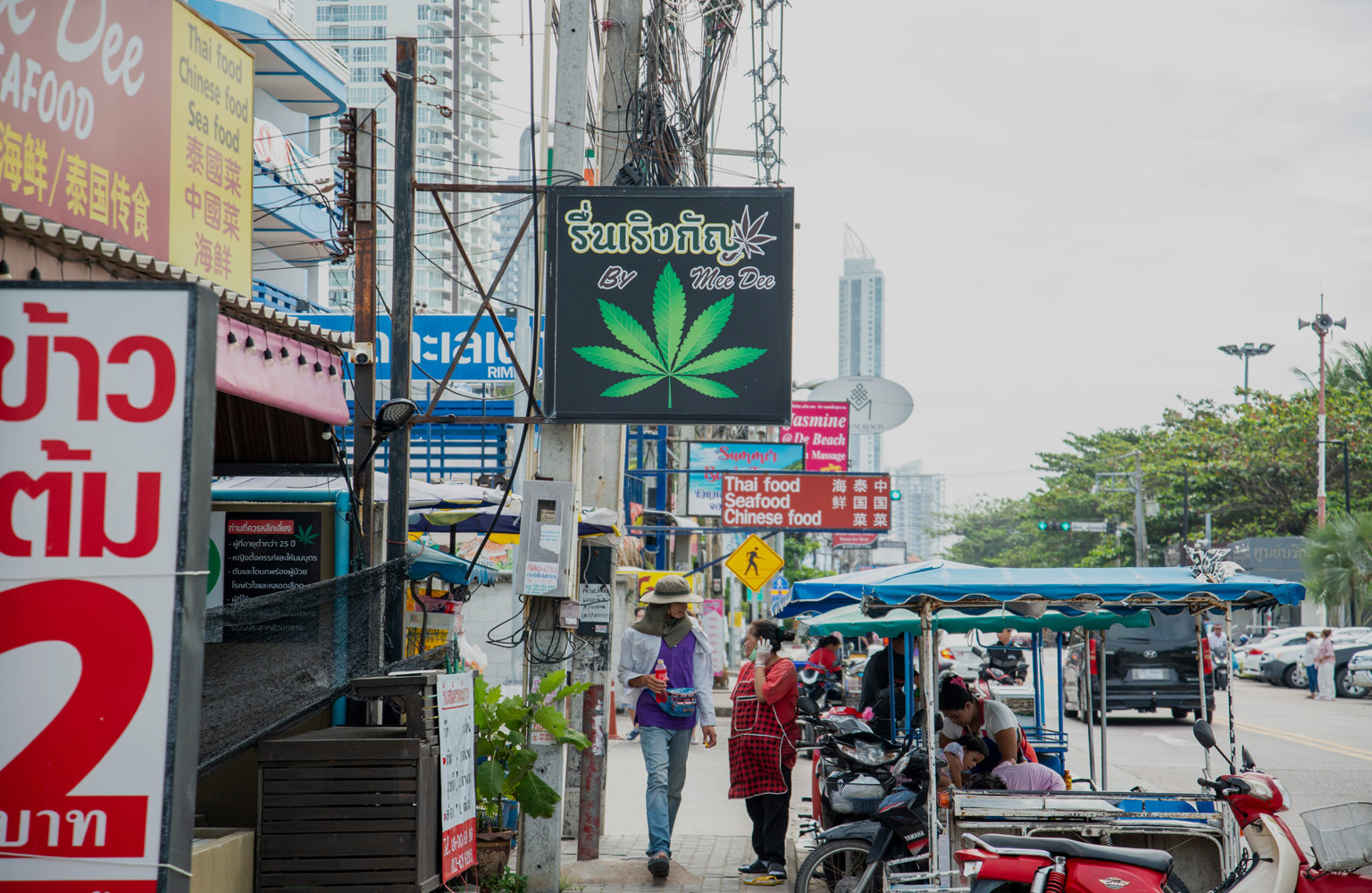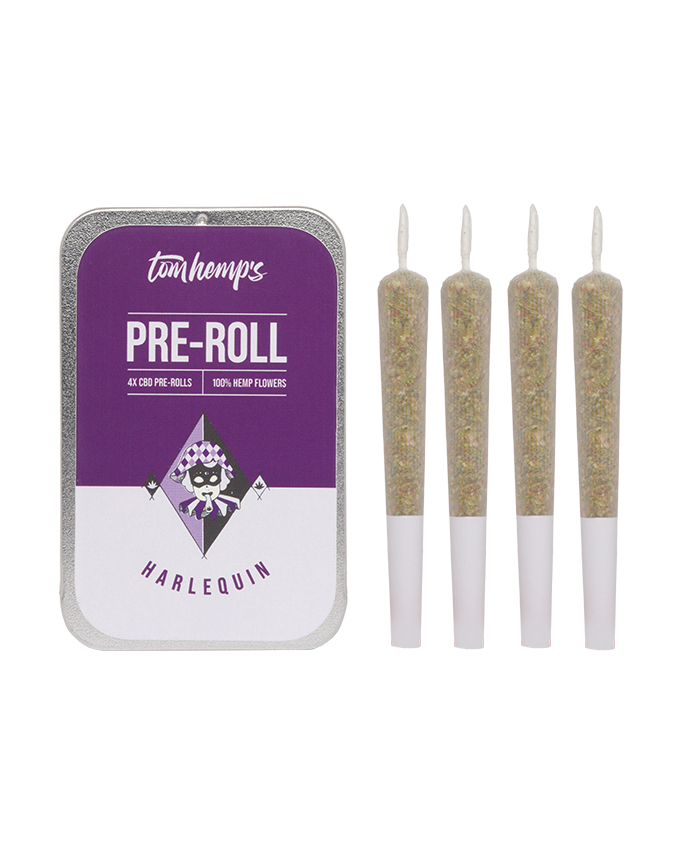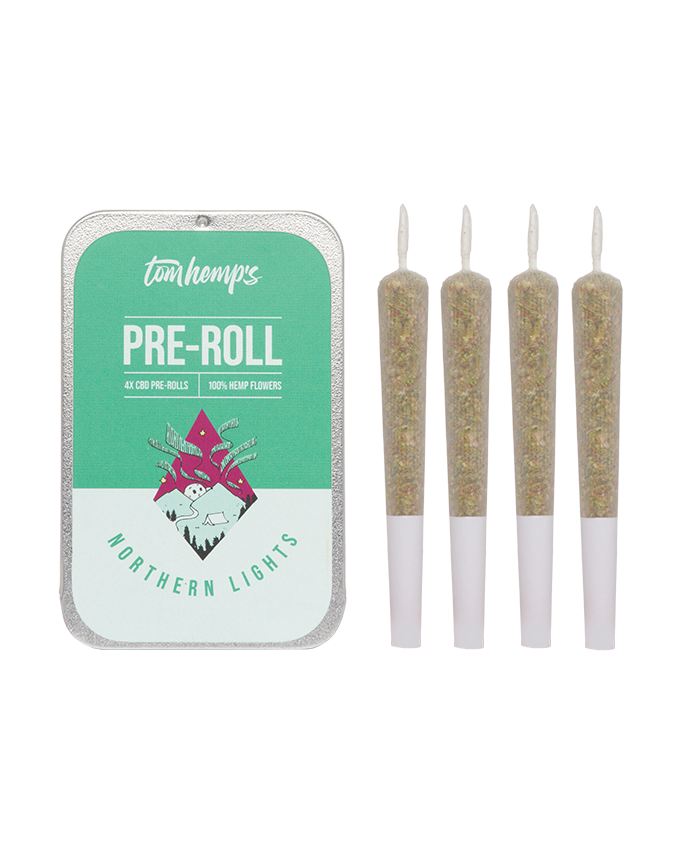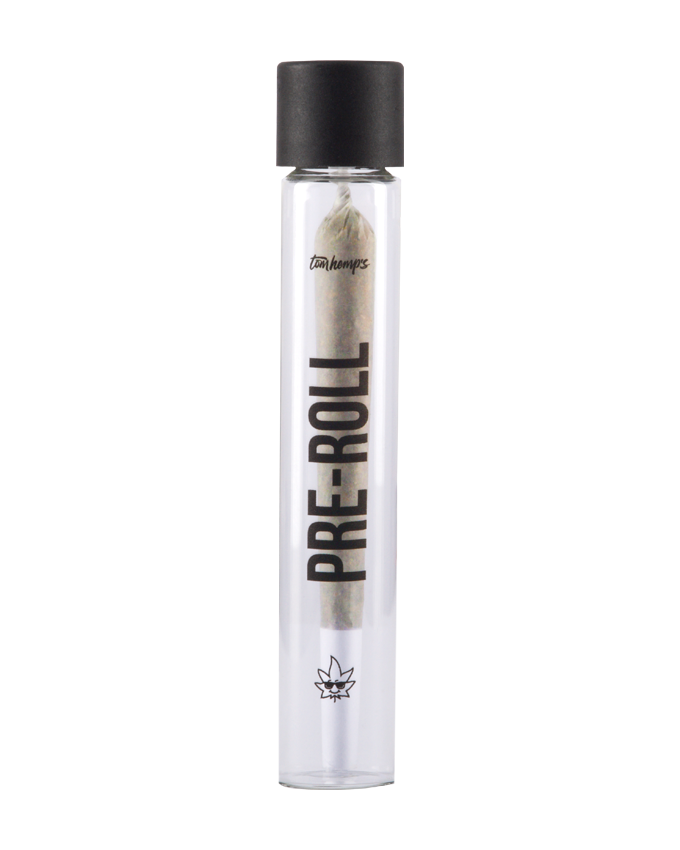In June 2022, the Thai government decided to give away one million Cannabis plants to the population. And, although in the absence of a clear law on the matter, it has effectively legalized the use of Cannabis.
This is the news that jumped into the limelight, gaining visibility in the media halfway around the world and taking the podium among the most searches made on the web. Then, as in the most classic word of mouth, social media caused the topic to spread relentlessly, reaching every corner of the planet. The land of smiles, with its Buddhist temples, heavenly beaches, and renowned cuisine, thus seems to have earned the title of the first Asian country to open its doors to the legalization of recreational Cannabis. But is this really how things are? Let’s try to shed some light on it.
THE HISTORY SO FAR
Thailand, as well as other Southeast Asian countries, has for decades conducted a policy of harsh crackdown on narcotics using the so-called “War on Drugs” as a veritable workhorse by institutions. Very severe penalties are provided for both producers and users of illicit substances. Specifically, Thai legislation divides the latter into five categories:
- Category 1 : highly dangerous narcotics such as heroin
- Category 2 : common narcotics such as morphine, cocaine and codeine
- Category 3 : narcotics in the form of medicines based on substances in category 2
- Category 4 : chemicals used in the production of category 1 or 4 narcotics, such as acetic anhydride
- Category 5 : narcotics that do not fall under the previous ones such as opium and Cannabis (so far…)
Penalties under the Narcotics Act for producing, importing, exporting, selling, or possessing narcotics without a license regarding category 5 include a sanction of up to 1,500,000 Baht (€40,500) and imprisonment of up to 15 years.
THE TURNING POINT OF 2022
The results obtained in June last year are a direct impact of the promises announced during the 2019 election campaign. Anutin Charnvirakul, the current Health Minister and a leading figure in the Bhumjaithai Party, made it clear from the beginning, “Marijuana is not a drug that should be illegal-it’s that simple.” And once in government, again Mr. Anutin, announced that he would give away one million Cannabis plants to the Thai people with the specific intent of giving the citizens and the state an opportunity to make money from this business. A promise, it seems, fulfilled.
The law that went into effect essentially removed the Cannabis plant and all its parts from Category 5 of the Narcotics Act. Which led to effective decriminalization regarding the production, possession and consumption of cannabis resulting in more than 4200 released from prison. This fact has aroused quite a bit of criticism from opposition parties and some sections of public opinion. To these attacks, the government has responded by reiterating some firm points, such as the purchase by individuals under the age of 20 or by lactating women unless they have an authorization from their attending physician.
A HOPE FOR TOURISM
The Covid19 pandemic was a major blow to the global economy, and Thailand was no exception (from nearly 40 million foreign arrivals in 2019 to just over 2 million in the first half of 2022). Border closures and travel restrictions have severely affected its income. By decriminalizing hemp, the government is openly trying to help the country’s economy. The opportunity for Thai farmers and traders to target tourism interested in this, is not a factor to be underestimated (the University of Thai Chamber Commerce has estimated revenues of up to $1.2 billion by 2025). And this is also well known by many foreign companies and investors who, having sniffed the potential of the new business, have embarked on what seems to all intents and purposes to be a veritable gold rush. A wild west, as defined by those who would like to see a return to the previous situation or more regulation, has led to the emergence of a “grey zone” in which it is not easy to understand what is legal and what is not.
THERAPEUTIC USE
Although the June 2022, announcement may seem like a bolt out of the blue, in reality, something had been in preparation for quite some time. In December 2018, the Thai parliament unanimously approved the use of hemp and medical Cannabis. Which brought back to the fringes of legality a use that traditional medicine provided for until the 1930s. In essence, with this decision, thousands of patients have been able to relieve chronic pain and other symptoms resulting from serious illnesses through prescriptions from their primary care physicians.
LICENSES
Currently, Cannabis cultivation is allowed for private citizens without quantity limits. As for aspiring growers who would like to jump into this new business, however, registration on the government portal PlookGanja is required. An interesting and, in its own way, comical fact is that in the aftermath of the government announcement, the portal crashed after receiving more than nine million requests in less than 24 hours. The episode can only make one wonder about the real interest of a part of the Thai population in the issue.
THE GREY ZONE AND THE LATEST RESTRICTIONS
Why “grey zone?” Well … because, as many jurists argue for example, the decriminalization introduced by the government has not been accompanied by sound regulations that could foresee and avoid the various unpleasant incidents that a buyer or consumer might incur. Although the opposition and part of the public would like to reintroduce hemp to the list of illegal substances, the possibility of a reversal is considered within the country highly unlikely.
If you want to avoid problems, it would be good to keep these few fixed points in mind.
- Recreational Cannabis use is tolerated in private spaces.
- All hemp-derived products must not exceed 0.2% THC.
- Cannabis use is not allowed in public and can result in fines of up to 25,000 baht (about € 680) and 3 months detention.
- The sale of recreational Cannabis is not allowed to anyone under the age of 20 or to nursing women.
As we await further clarification and developments, if you are planning an escape to Thailand, we can only wish you a peaceful exploration of this Asian wild west and all its shades of grey.
Have a good trip.
Photo: amnat30 / Shutterstock



